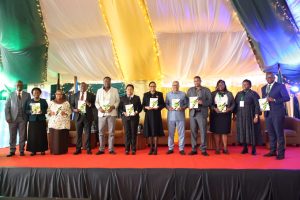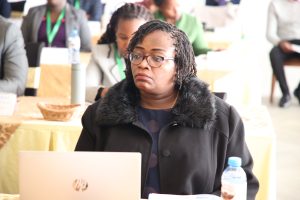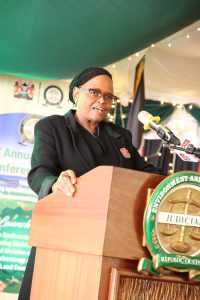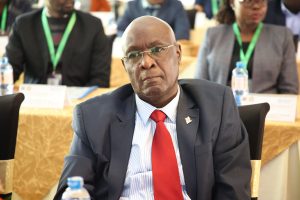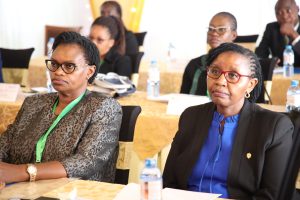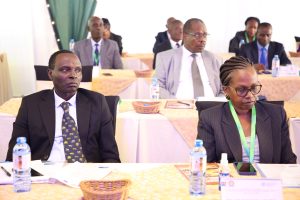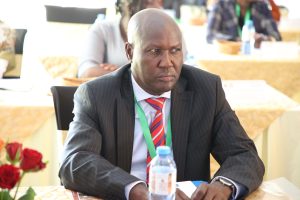ELC unveils two specialised divisions

Naivasha, July 31. CJ Koome launches two Environment and Land Court divisions.
Chief Justice Martha Koome has launched two specialised divisions of the Environment and Land Court (ELC) – The Environment & Planning Division and the Land Division.
Speaking during the opening of the ELC Annual Judges Conference, the CJ said the establishment of the divisions is in response to the changing needs and demands of the society, which faces unprecedented challenges and opportunities in relation to land and the environment.
“Since it was operationalised over 11 years ago, the ELC has determined cases involving complex and diverse matters pertaining to environment and land, thereby contributing to sustainable development, social harmony and peaceful co-existence in our communities,“ said the Chief Justice.
She added that the establishment of the ELC as a superior court by the 2010 Constitution was due to the desire by Kenyans to create a specialised court that could address the unique and complex dynamics of land and environmental matters.
“Today, as we inaugurate these two new divisions, our commitment to efficiency, access to justice, and specialised handling of these matters is redoubled,” said CJ Koome.
She observed that the climate crisis, escalating with each passing day, has thrust new, unprecedented challenges upon the world and people are grappling with environmental degradation, floods, heatwaves, droughts, and a myriad other climate change-induced adversity.
Climate adaptation, mitigation, and resilience have risen to the forefront of global and national discourse.
“Additionally, these issues find their way to the courts, bringing with them complex questions of law, science, and policy. It is these challenges that the ‘Environment & Planning Division’ will bravely face,” she emphasised.
She urged judges of the ELC to bear in mind that their mandate is to not only interpret and apply the law, but also protect and conserve our natural heritage.
“Our commitment to ecological justice extends beyond individual cases to encompass the broader mandate of environmental stewardship. As we do this, we must remember that we are not just delivering justice in individual cases but building a legacy for generations to come,” said the CJ.
The Chief Justice said the Land Division will help to ensure that land disputes are resolved fairly and expeditiously, while the Environment and Planning Division will help to ensure that Kenya’s environmental resources are protected for the benefit of all Kenyans.
Deputy Chief Justice Philomena Mwilu said the launch of the new divisions of the ELC as well as their User Operation Guidelines is a welcome development and it speaks to growth of the court, the vision and determination of its leadership, and most importantly, the fantastic work being done by its judges across the country.
“The theme of this year’s conference, ‘Enhancing Specialisation and Efficiency in the Delivery of Environment and Land Justice’ is thus especially apt. I urge you, throughout your deliberations, to link strongly to the institutional vision, Social Transformation Through Access to Justice (STAJ),” said DCJ Mwilu.
Lands Cabinet Secretary Zachariah Njeru said his ministry is working on modalities to enable it cooperate and collaborate closely with the Environment and Land court to ensure efficiency in the management and resolution of environmental and land matters.
The President of the Law Society of Kenya (LSK) Eric Theuri underscored the importance of the creation of the two divisions of the court saying they will go a long way in resolving environment and land matters.
“It is not just a matter of legal rights and titles; it is the foundation upon which livelihoods, identities, and traditions are built. This court, through its specialized jurisdiction, plays a pivotal role in resolving disputes concerning land ownership, land use, and conservation,” said Theuri.
Ends.
